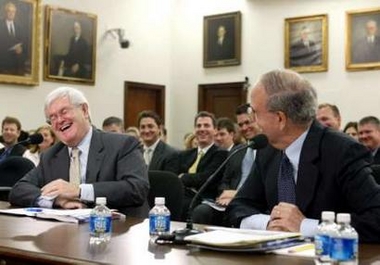M.J. Rose has put up a list of ten things not to do when publicizing your book. Beyond Rose’s troubling Miss Manners-style tone, as a man who tries to attend several readings a month, there are a few reality alerts that need to be addressed.
1. Most of the people who attend readings are probably not going to be familiar with your book, much less you. They are, as Stanley Elkin repeatedly suggested in George Mills, more likely to be there for the free food and wine. This in itself is not as ignoble as it sounds. Because this understandable impulse is walking hand in hand with some love or curiosity for literature. So it is possible for an author to win potential readers and book buyers over. However, reading your excerpt in a dry somnambulistic tone is not going to do the trick. It is essential for the aspiring author to not just entertain (in a manner that she is comfortable with), but to win potential readers and buyers over to her side. An author may have penned the best novel of the year, but if the author reads without feeling or enthusiasm, if the author doesn’t, say, find her voice within the dialogue of the characters, what then is the point of a reading? That means actually enjoying the book tour process (as much as it detracts you from your writing) or breaking out of the troubled template of reading followed by questions. Why not pick five people out of the crowd to enact certain characters from a book? Or reverse the questioning process. Ask the audience how often they write. Bring strange props or offer to do something nutty if a customer buys a book.
2. With rare exceptions, all press is good press. Don’t let anyone tell you otherwise. If you are concerned with losing readers because of what you do or because of the tone of your book, then you probably shouldn’t be in this business. The minute that a book is published, it has already lost and found readers. Some folks (like me) may not want to read another self-absorbed memoir written by a middle-aged Caucasian going through a midlife crisis. Some folks may be averse to genre fiction. Some folks simply want to read a Dan Brown novel. If you’re concerned that some people aren’t going to be interested in you, then fuck ’em. Cater to the people who are going to be interested in your type of book. Your goal as an author is to locate the people who will be attracted to your voice and appeal directly to them without compromising who you are.
3. Some people are going to be annoyed with you no matter what you do. I’m not suggesting that authors become outright assholes, but I should point out that if you smile artificially towards someone (or offer passive-aggressive advice lists that reek of inexplicable and unvoiced fury), most humans will know that you’re putting on some kind of act. Find a genuine way to enjoy other people, even the ones you’re uneasy about. Because enthusiasm is infectious and there is always a common ground somewhere. Learn to be curious, courteous, yet remain true to yourself. If there’s some heckler in the crowd (and there will be at some point), responding in a calm, detatched, NPR-sounding way isn’t going to win you respect from yourself or from your reading audience. Find out where the guy’s coming from and don’t take it so personally.
4. For Christ’s sake, go to the trouble of talking with and thanking the booksellers. I’ve heard absolute horror stories from booksellers of certain authors (who shall remain unnamed) who treat the people behind the counter with utter disdain. As if they were dumbass baristas. Newsflash: Booksellers actually fucking read and they determine placement of your book. Besides, most of these folks are very nice. Talk to them, find out what these folks are reading and (here is where I agree with Rose) buy a book or three.
5. To a great degee, it is about you. You penned the book, you showed up, people are there for you. But this doesn’t mean it has be exclusively about you — far from it. So make it a conversation rather than an exposition.
